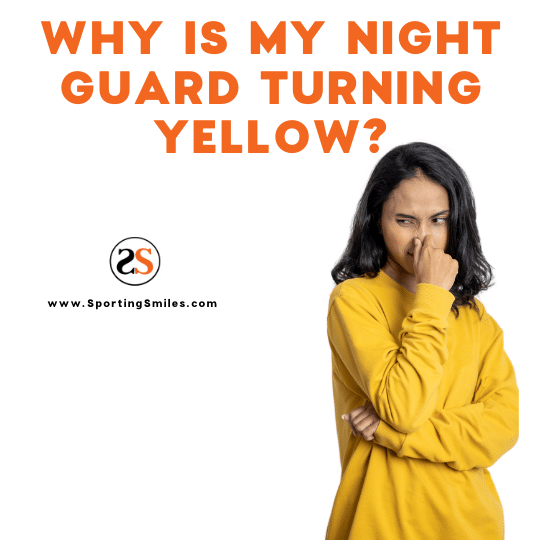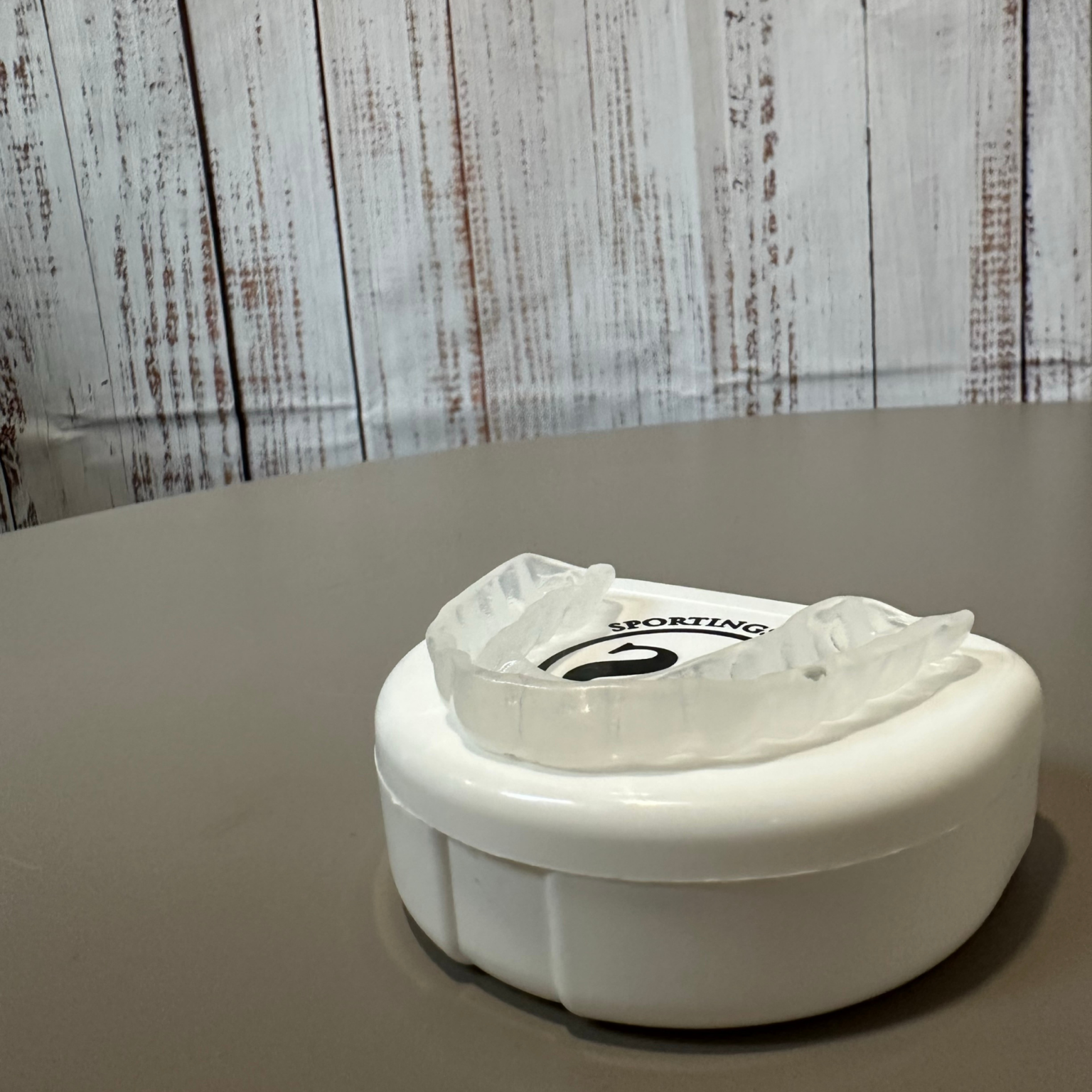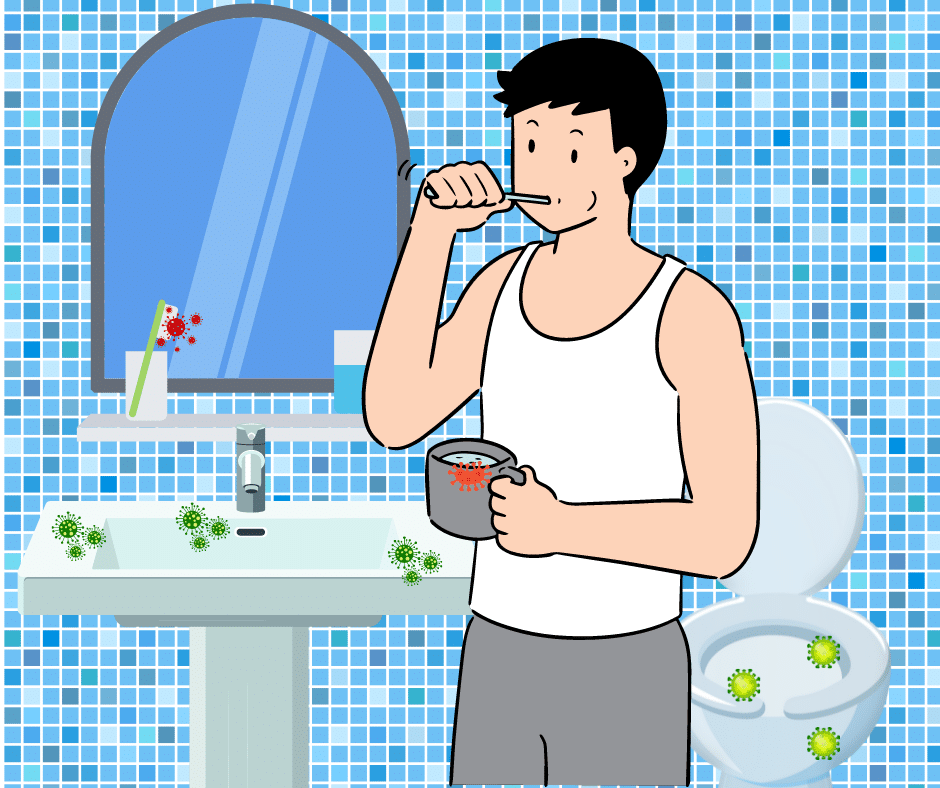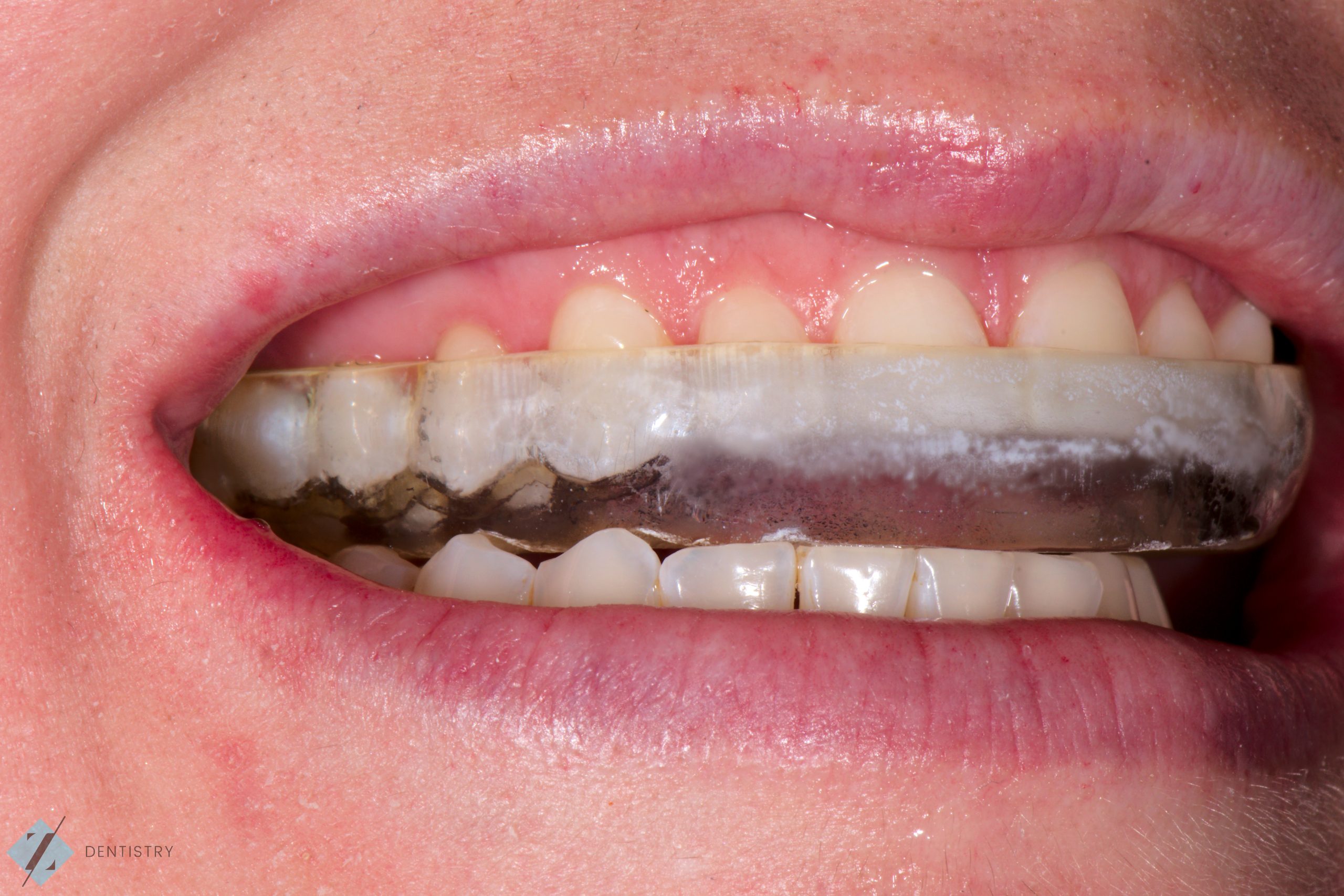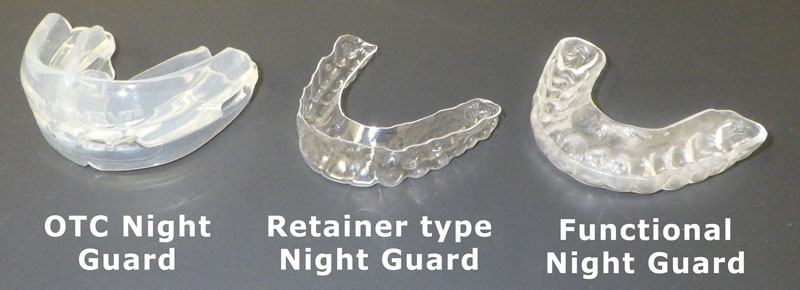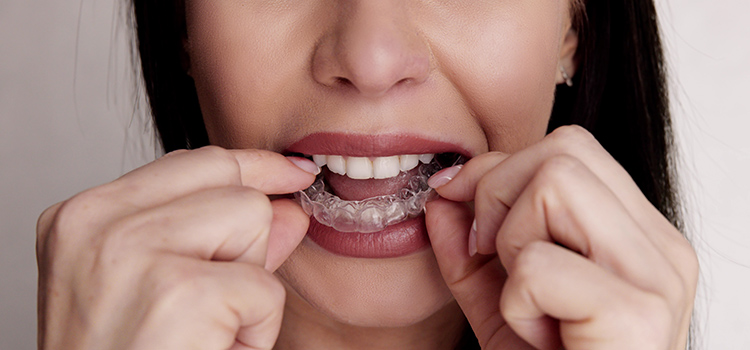Why Is My Night Guard Turning Yellow

So, you've got a night guard, huh? A loyal little pal protecting your pearly whites from the nightly grind. You pop it in, drift off to dreamland, and wake up feeling… well, hopefully not like you just wrestled a badger. But lately, something's been off. Your trusty guard isn't looking so trusty anymore. It's turning... yellow!
Don't panic! You haven't suddenly developed a rare dental condition that turns plastic gold. It's probably just life doing its thing. Think of it as your night guard getting a bit of character, a little sun-kissed, if the sun was made of coffee and leftover pizza crust.
The Culprits Behind the Hue
Let's play detective and unmask the usual suspects. These are the everyday items that might be contributing to your night guard's newfound yellowness. We'll investigate the common reasons without getting all science-y about it.
The Usual Suspects: Food and Drink
Ah, yes, the classics! Coffee, tea, red wine, the colorful cast of characters that stain everything they touch. They’re delicious, comforting, and apparently, determined to leave their mark on your dental appliances. Imagine your night guard like a tiny, absorbent sponge, just soaking it all up while you sleep.
Think of that late-night bowl of tomato soup or the turmeric-laden curry from dinner. They're all vibrant and delicious, but their pigments can cling to the plastic, leading to gradual discoloration. You might be thinking that you brushed well before bed. However, microscopic residue can stick around and do the damage.
It’s like when you wear a white shirt and somehow manage to spill marinara sauce on it, even though you were *sure* you were being careful. Some things are just destined to stain.
The Unseen Enemy: Bacteria and Plaque
Okay, this one's a little less fun, but important. Even with diligent cleaning, bacteria and plaque can build up on your night guard. This biofilm, while not always visible at first, can contribute to a yellowish or cloudy appearance over time.
Think of it like this: you wouldn't wear the same socks every night without washing them, right? Your night guard deserves the same level of care! Otherwise, microscopic critters have a party on your appliance.
The Aging Process: A Natural Progression
Let's face it: everything ages. Even your super-tough night guard isn't immune to the effects of time. The plastic material can naturally yellow as it breaks down over months of use. Kind of like a vintage photograph gaining a sepia tone.
Think of it as your night guard developing character lines, a testament to all the nights it spent protecting your teeth. It's earned its stripes, or in this case, its yellowish tint.
What Can You Do About It?
Fear not, fellow night guard users! There are ways to combat the yellowing and keep your dental defender looking its best (or at least, a less alarming shade of yellow).
Regular cleaning is key. Use a soft toothbrush and a mild soap (or a dedicated denture cleaner) to scrub your night guard after each use. Think of it as giving your little buddy a spa day.
Consider soaking your night guard in a denture cleaner solution a few times a week. This can help remove stubborn stains and bacteria. Be sure to rinse it thoroughly before popping it back in your mouth, unless you're going for that "minty fresh" but slightly chemical aftertaste. A soft toothbrush is still recommended to dislodge any remaining particles!
"And if all else fails, remember that a slightly yellowed night guard is still doing its job. It's a warrior, not a beauty queen. If the discoloration is severe, or if you notice any damage to the guard, it might be time for a replacement. Don't hesitate to consult your dentist"
Maybe that yellow is a badge of honor, a testament to its dedication. Perhaps your next guard will be even more adventurous, collecting even more colorful stains. Who knows what shade it might turn? Embrace the change and know you are protecting your smile!
